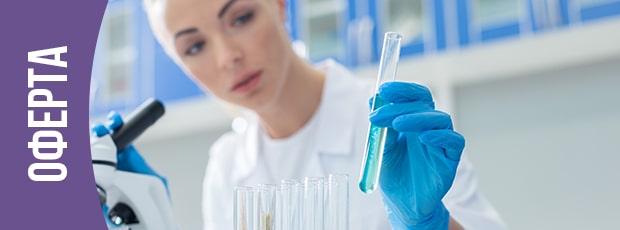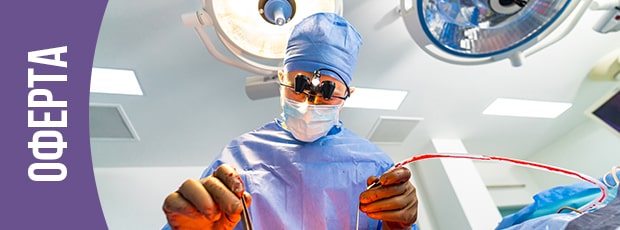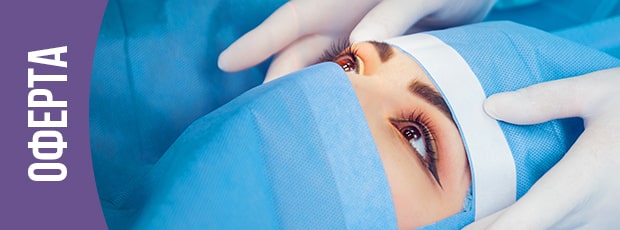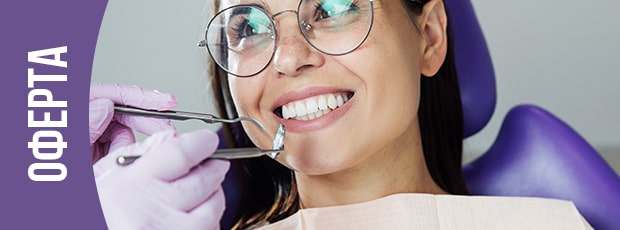Dermabrasion is an exfoliating procedure that uses a rotating instrument to remove the outer layers of skin, usually on the face. This procedure is popular among people who want to improve the appearance of their skin. Some of the conditions it can treat include:
- fine lines
- sun damage
- acne scars
- uneven texture
Dermabrasion is performed in the office by a dermatologist. During the procedure, a professional will numb the skin with anesthesia before removing the outermost layers of skin. This is an outpatient procedure, which means you can go home to recover afterwards.
What can be treated with dermabrasion?
Dermabrasion removes the damaged outer layers of the skin. This reveals new layers of skin that look fresher and smoother.
Besides returning to a more youthful appearance, dermabrasion can also help treat:
- acne scars
- age spots
- fine wrinkles
- precancerous skin spots
- rhinophyma (a chronic skin disease in which the nose enlarges, becomes red and pear-shaped)
- scars from surgery or injury
- sun damage
- tattoos
- uneven skin colour
Certain skin conditions may prevent the specialist from performing dermabrasion, including:
- inflammatory acne
- recurrent herpes
- radiation burns
- burn scars
- if you have taken medication with the side effect of thinning the skin
- if your skin tone is naturally very dark
Preparation before the procedure:
Prior to treatment, a physical examination is performed and the entire medical history is reviewed after which risks and expectations are discussed. Tell the specialist about any medications you are taking, including over-the-counter medications and supplements. You may need to stop taking them because they may increase your risk of bleeding or darken your skin. Tell the specialist if you have taken Accutane in the last year.
The doctor may require you to:
- do not smoke for several weeks before and after treatment - smoking not only causes premature aging of the skin, but also reduces blood flow to the skin and slows down the healing process.
- not exposing yourself to direct sunlight while the skin is recovering, and using sunscreen every day after the skin heals - too much sun exposure without proper protection two months before dermabrasion can cause discoloration of the skin.
Before the procedure itself:
- antiviral drug - used before and after dermabrasion to prevent viral infections
- oral antibiotic - this will prevent bacterial infection, which is especially important if you have acne
- retinoid cream - to promote healing
What happens during dermabrasion?
The type of anesthesia that is administered during dermabrasion depends on the extent of your treatment. Typically, local anesthesia is used. However, some cases may require sedation to help you relax or feel drowsy. Sometimes general anesthesia may be administered during the procedure.
During treatment, an assistant will keep your skin stretched. Your doctor will move a device called a dermabrader over your skin. A dermabrader is a small, motorized device with a rough surface.
On large areas of skin, the doctor will use a round dermabrader, while on smaller areas, such as the corners of your mouth, he will use one with a small tip.
Immediately after the procedure, the treated area is covered with a moist bandage. It is usually changed the next day.
What happens after dermabrasion?
The specialist gives full instructions on how to change your dressings, how to cover the treated area and which products to use. You can expect to return to work in about two weeks.
After dermabrasion, the skin is usually red and swollen and may feel like it has been burned or numb. It will take about three months for the skin to heal completely and the redness to disappear completely.
Risks and side effects
The risks associated with dermabrasion are the same as those associated with other surgical procedures. These include infection and allergic reaction to anesthesia.
Some risks specific to dermabrasion include:
- acne
- changes in skin complexion
- enlarged pores
- disappearance of freckles
- Swelling
- flushing
- rash
Although rare, some people develop scars or keloids after dermabrasion treatment. In these cases, certain steroid medications can help to soften the scarring.
Always follow the specialist's advice and attend check-ups as recommended. The most important thing is to be gentle with your skin. Avoid using harsh cleansers or skin care products and avoid irritating your skin. Your doctor may recommend applying a thick moisturizing ointment such as petroleum jelly. It is also very important to avoid exposing your skin to the sun until it recovers. When your skin has recovered, use sunscreen every day.







